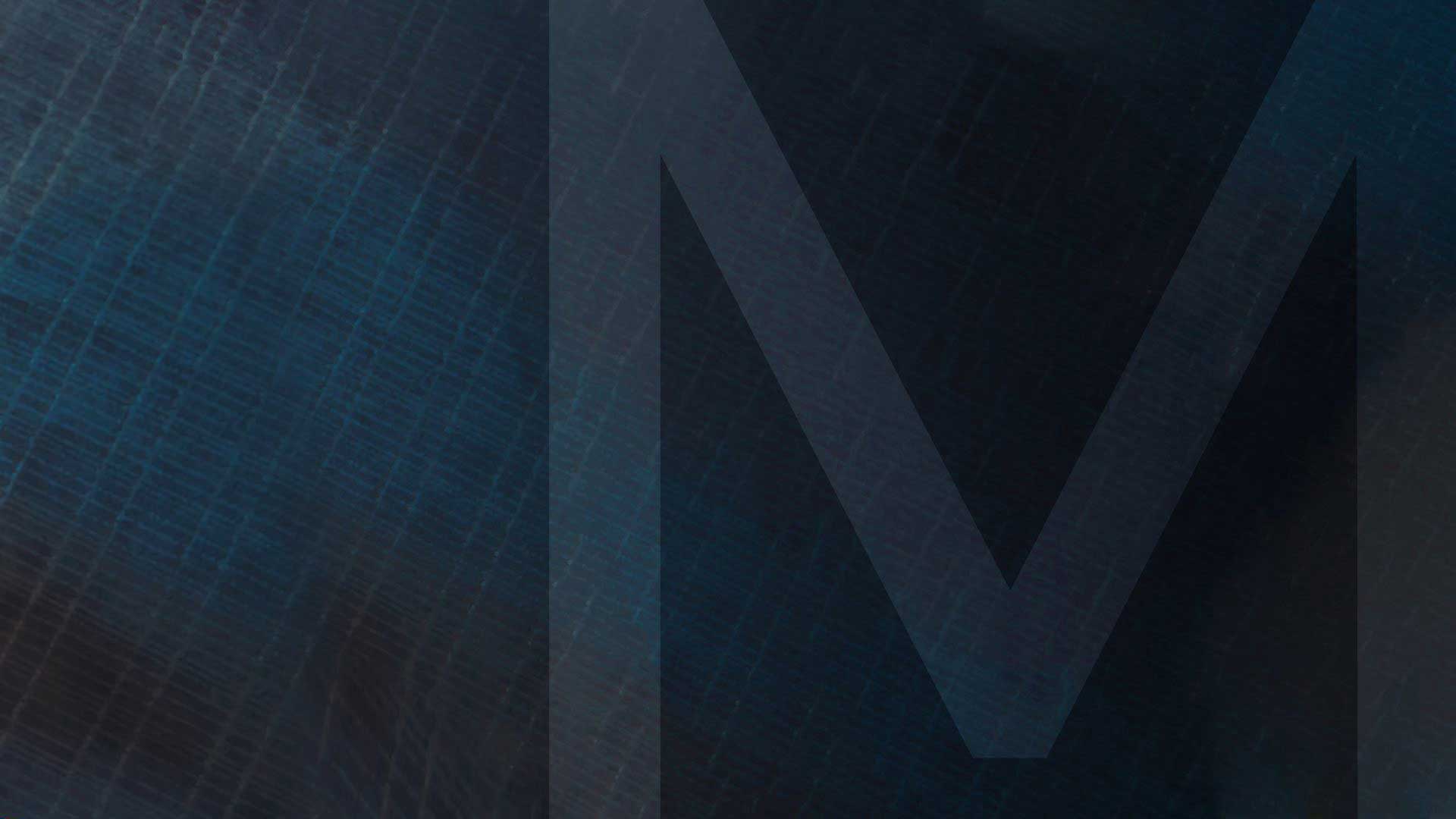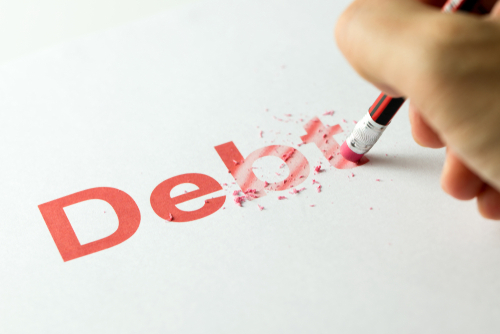Bankruptcy laws were created to help people start over and rebuild their financial lives. Unexpected changes happen all the time including illness, job loss, divorce or separation and emergency expenses. These major disturbances in our lives often create financial burdens that make it impossible to pay off debt. However, bankruptcy provides an opportunity to recover from an unfavorable financial situation and begin life anew.
However, some debt does not go away in bankruptcy including spousal support/alimony, child support, student loans and tickets/government fines. That is why you should contact an expert bankruptcy attorney in San Diego and learn more about it. Also, for a better understanding of debts included in bankruptcy, explore the different kinds of debt including secured and unsecured debt.
What are the two main types of debt in bankruptcy?
It is important to be familiar with the two main types of debt bankruptcy recognizes because you need to know just what debt bankruptcy will help clear, and what debt will be left for you to repay upon successfully filing your bankruptcy.
Secured debt
Secured debt refers to loans attached to specific assets, usually in the form of a lien. Some common examples of a secured debt include a mortgage loan attached to a house as collateral or a vehicle with a loan against the title.
If you cannot make the payments on a secured loan, the lender can legally take the property from you to pay off the remaining debt. While your debt on these items won’t be eliminated in bankruptcy, you can usually keep your property including houses and cars. However, you will have to continue your mortgage and vehicle payments if you want to keep them.
In certain types of bankruptcy including Chapter 13 bankruptcy, if you are behind on secured payments you can get into a repayment plan to catch up your payments and keep your property.
Unsecured debt
Filing for Chapter 7 and Chapter 13 bankruptcy can free you of most unsecured debt obligations. Unsecured debts do not have any property attached. Fortunately, bankruptcy eliminates most unsecured debt including credit cards, personal loans, payday loans, medical bills, evictions, auto repossessions, foreclosure deficiencies and even some back taxes.
Many people mistakenly believe they cannot be sued for failing to pay their unsecured debts. In fact, unsecured creditors can file lawsuits and garnish your paychecks, take money from your bank account and even take other types of property to pay off your unsecured debt. Before this happens, you need to talk to an experienced bankruptcy attorney and form a plan of action to stop creditors.
Talk to a reputable bankruptcy attorney in San Diego
Make the decision to change your life today and consult with the Law Offices of Mark L. Miller to find out which debts you can eliminate. Don’t keep paying debts you cannot afford. Instead, take the first step toward debt freedom and contact an experienced bankruptcy attorney who will take the time to explain all the benefits you can gain from bankruptcy.
After working with over 12,000 consumer bankruptcy cases, the Law Offices of Mark L. Miller has become a leader in the San Diego legal community. We provide clients with a fresh start and a life that is free of relentless debt. We’re always here to help you. To discuss your possible bankruptcy case, call us at (619) 574-0551 or find our offices near the Old Town San Diego.




